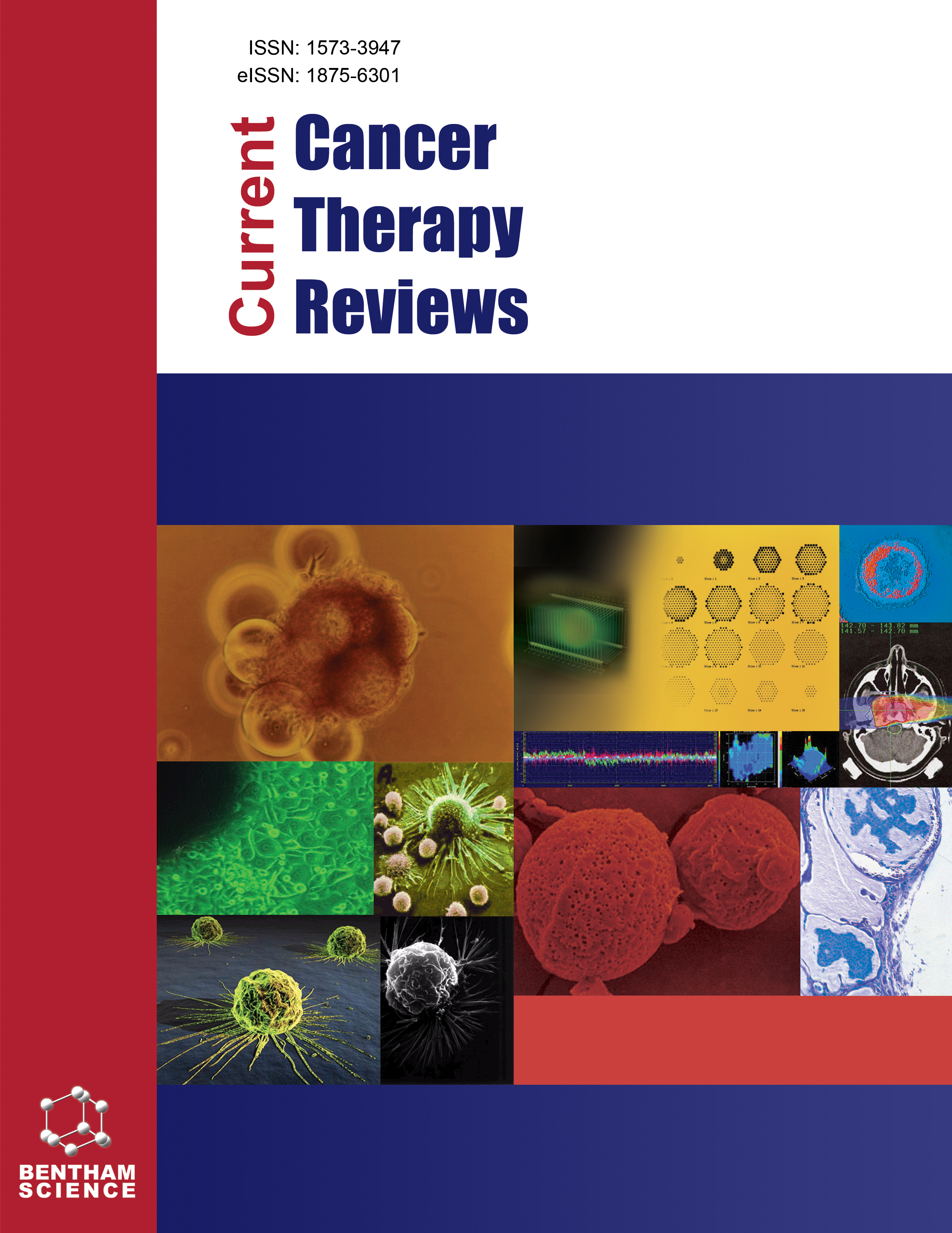
Full text loading...
The five-year survival rate for people with colon cancer has increased explosively over the last two decades due to major advances in treatment. Colon cancer survival rates have improved significantly over the past few decades, with some of this success owing to aggressive surgical care and breakthroughs in other complementary treatments. As a new option for Colorectal Cancer (CRC) patients, targeted therapy has been shown to be effective in extending the overall life. A dramatic increase in the number of novel drugs targeting multiple key pathways and immunological checkpoints has been observed after the success of cetuximab (an EGFR inhibitor) and bevacizumab (an anti-angiogenic agent). Neutralizing an already present dysbiosis in the gut microbiome is a novel strategy for combating colorectal cancer and its metastases. Several methods have been employed to date, such as prebiotics, postbiotics, antibiotics, and the transplantation of faecal microbiota. An overview of the epidemiological study and possible mechanisms of colon cancer is presented in this review. We have covered a wide range of targeted treatments for CRC in addition to diagnostic biomarkers as therapeutic targets.

Article metrics loading...

Full text loading...
References


Data & Media loading...

